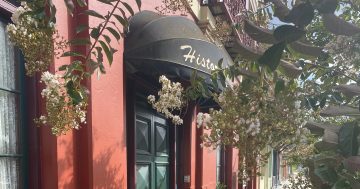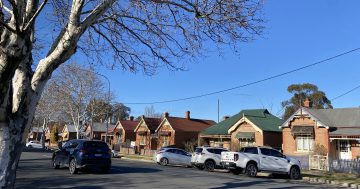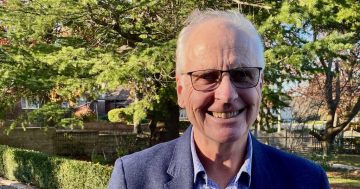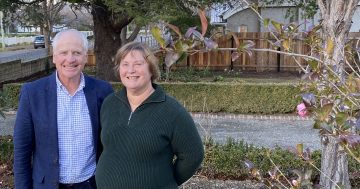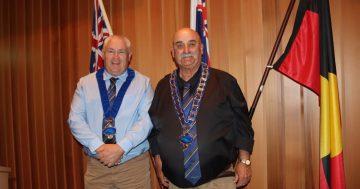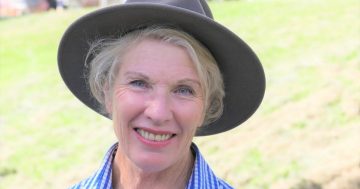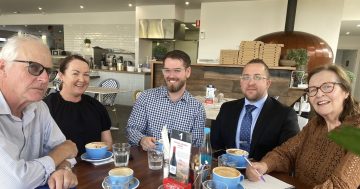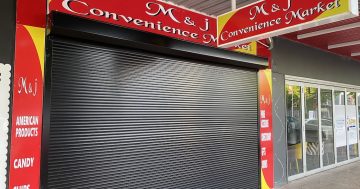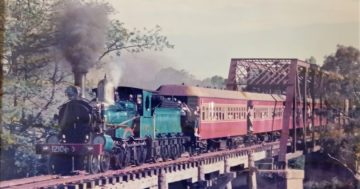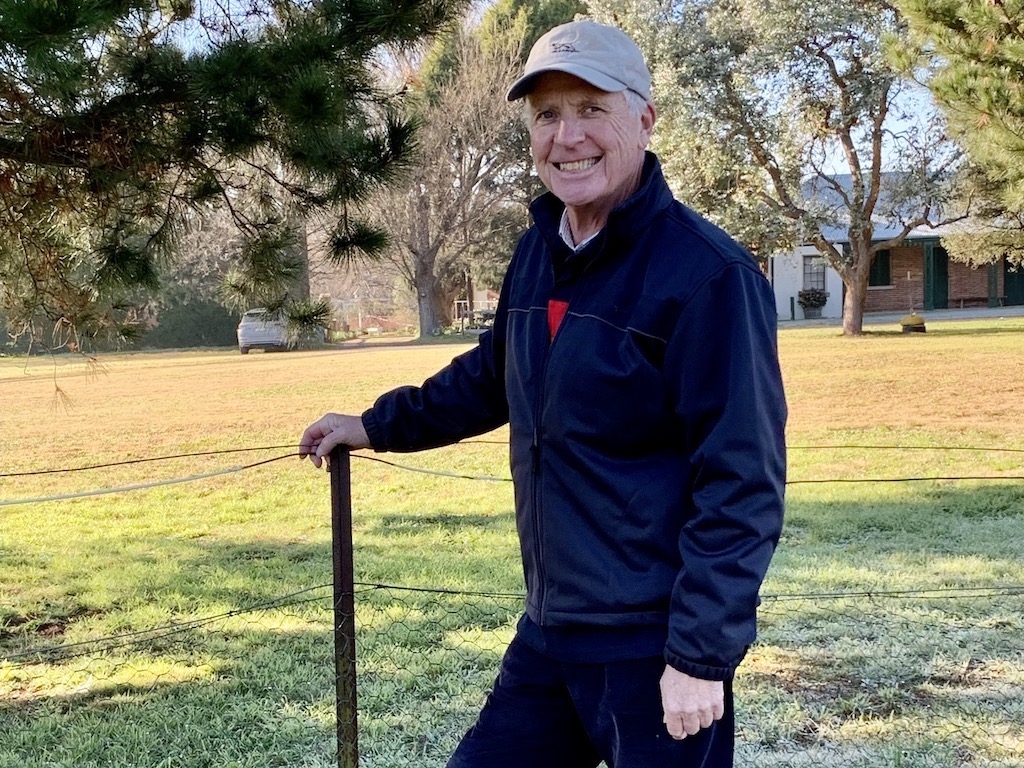
Adrian Beresford-Wylie has urged Goulburn Mulwaree Council to freshen up its plans for the coming financial year. Photo: Serena Beresford-Wylie.
Goulburn could be achieving more from its well-established assets than is the case today according to a candidate in the upcoming local government elections.
Adrian Beresford-Wylie believes the city’s rail infrastructure, stock of heritage buildings and database of street trees are important assets that should not be taken for granted.
He is urging Goulburn Mulwaree Council, which is about to hike rates to 22.5 per cent, to move more urgently on achieving savings and efficiencies.
Having bought a home in the city in 2012 and retired in Goulburn after 15 years as chief executive of the Australian Local Government Association, Mr Beresford-Wylie has taken a keen interest in council decisions, most especially the decision to adopt such a big rate increase for the coming financial year.
He has put his hand up for election to the council, is raising his profile, setting out an agenda and gaining supporters to help in his campaign to represent ratepayers and share his extensive local government experience.
While Crookwell has withdrawn its support for a Goulburn to Crookwell rail trail, he says it is still a worthy project within the Goulburn Mulwaree Local Government boundary.
He says having a disused rail easement, as identified by the Rail Trail Steering Committee, is a strong point of difference to coastal towns which have no rail infrastructure whatsoever.
Even without substantial funding, work can still be done on route identification for the rail trail, work on addressing biosecurity concerns and further community consultation.
“The rail trail will be an important tourist attraction as well as promoting active transport and health outcomes,” he said.
Turning his attention to street trees he said the council had in recent times facilitated a street tree working group which identified and catalogued more than 12,000 street trees in Goulburn over a five-year period. This was a major voluntary undertaking by community members which produced a valuable asset.
He said the council should be maintaining the currency of that asset by updating and augmenting that catalogue and consider making the database publicly accessible.
Addressing the council’s ordinary meeting earlier this month, Mr Beresford-Wylie, a member of the Goulburn Heritage Group, said one of the city’s greatest assets was its stock of heritage buildings and streetscapes.
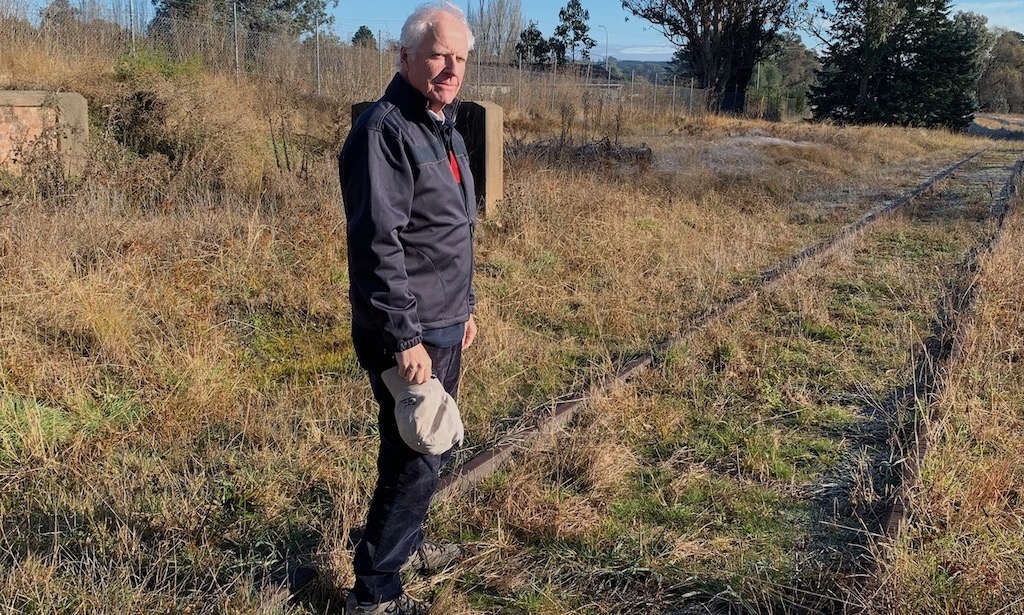
Within the Goulburn Mulwaree boundary a disused rail easement can be developed into a valuable tourism asset according to Adrian Beresford-Wiley. Photo: Serena Beresford-Wylie.
“I call on the council to establish a heritage advisory committee so it can access local heritage knowledge in its decision-making relating to planning and tourism,” he said. “A number of surrounding councils with smaller numbers of heritage buildings have such advisory bodies.”
He believes communication with and engagement of the community should be one of the highest priorities of Council.
“Other councils produce a paper or electronic newsletter and I urge the council to consider such a newsletter to be prepared on a regular, perhaps quarterly basis to keep the community better informed of what this council is doing for the community,” he said.
On the financial aspect of the 2024/25 Operational Plan he urged the council to be cautious when looking at activities and services aimed at supporting increasing business activity and tourism.
“Growing our economy benefits our community and council expenditure on these activities is an investment in the future rather than just a current cost which can be dispensed with because it provides no immediate cash return to the council itself,” he said.
The council would no doubt look to measures to increase revenue other than rates. This was important, he said.
“But I urge the council to recognise local government provides public services and infrastructure for the pubic benefit,” he said.
“Most of it does not generate revenue and where it does we should be cautious about attempting to fully recover costs. Our subsidised public facilities are essential for our most disadvantaged citizens,” Mr Beresford-Wylie said.







